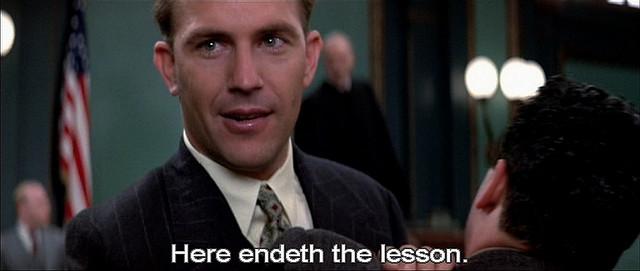Asclepias
Diamond Member
Black people already stand on their own two feet. White people just keep trying to trip them up because white people feel they need an advantage.When are black people going to stand up on their own two feet? ,,,We blame the white man for what the white man has done.
Black people in America can live anywhere they want. Have a job or a career in any field they feel like working. Attend any school or university they apply for, provided they meet the academic requirements. Rise to the top echelons in the U.S. military branch of their choice. Run for any political office in the land, etc.
In essence, the only thing holding black people back in America is themselves.
Black people, time to take that imaginary chip off your shoulder and get with the program. ....

 ..
.. 
